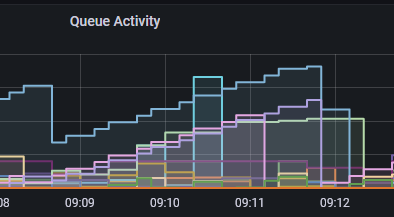While investigating a reported issue in the MQI NodeJS bindings, I had to dig into the C library’s MQI callback functions. I found some behaviour that I didn’t expect. And some slight differences depending on whether you run an application with local or client bindings. [This difference turned out to be a defect in the MQ client, fixed in MQ 9.4.3 – discussed further below.]
Continue reading “Unexpected behaviour in MQI Callback”This post was last updated on July 20th, 2025 at 07:17 am


